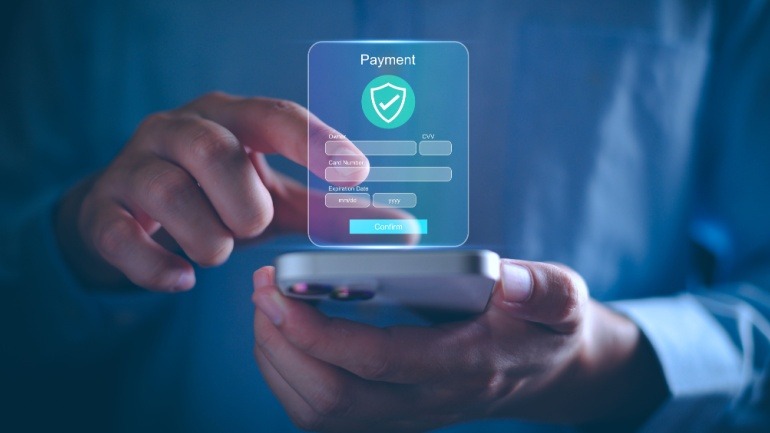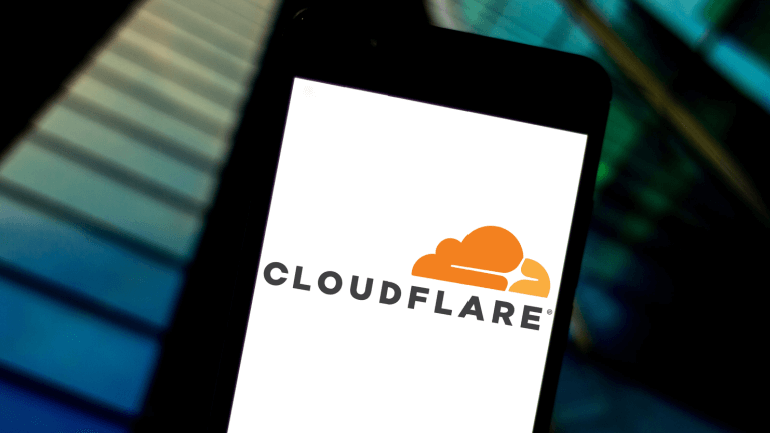In a groundbreaking move for the telecommunications sector, e& enterprise has forged a strategic partnership with PayPal. This collaboration enhances e& enterprise’s digital payments platform, empowering businesses by integrating seamless PayPal solutions.
AT&T has been named the most commonly impersonated brand in phishing attacks, according to a global report published by Cloudflare. The report identifies the top 50 brands most commonly impersonated by phishing URLs, based on data gathered by Cloudflare’s machine learning and data analysis tools. The telecommunications powerhouse came in first, followed by PayPal and Microsoft. Cloudflare, which aims to build a better internet by delivering security, performance, and reliability services, discovered that the most frequently impersonated businesses were banking, technology, and telecommunications. Phishing is the fastest-growing online crime, endangering both consumers and companies. By impersonating trusted sites, attackers attempt to obtain sensitive information such as usernames, passwords, credit card numbers, bank and cryptocurrency account details, or other sensitive data. They use an email, text message, or mistyped website link that appears to be from a well-known brand to dupe their victims. Cloudflare, which protects roughly 20%…
The second Payment Services Directive, or so-called PSD2 requirements will come into force on September 14th, 2019. With this deadline approaching, we have decided to examine this matter from the merchandiser’s perspective. In brief, PSD2 is an initiative from the EU aimed at regulating the e-payment environment where banks and fintechs (Third Party Service Providers – TPSPs) currently operate in a largely disorganized manner. There is no consistent, standardized or regulated framework that defines the cooperation between banks and TPSPs. The bank may refuse access by a TPSP to its client’s bank account, preventing the same client or merchandiser from using the TPSP’s services, which may be more convenient or less costly than banking services. To regulate the e-payment market, PSD2 will force banks to grant third-party access to their clients’ bank accounts. Equally important, TPSPs will be regulated – they will have to obtain a license and…






